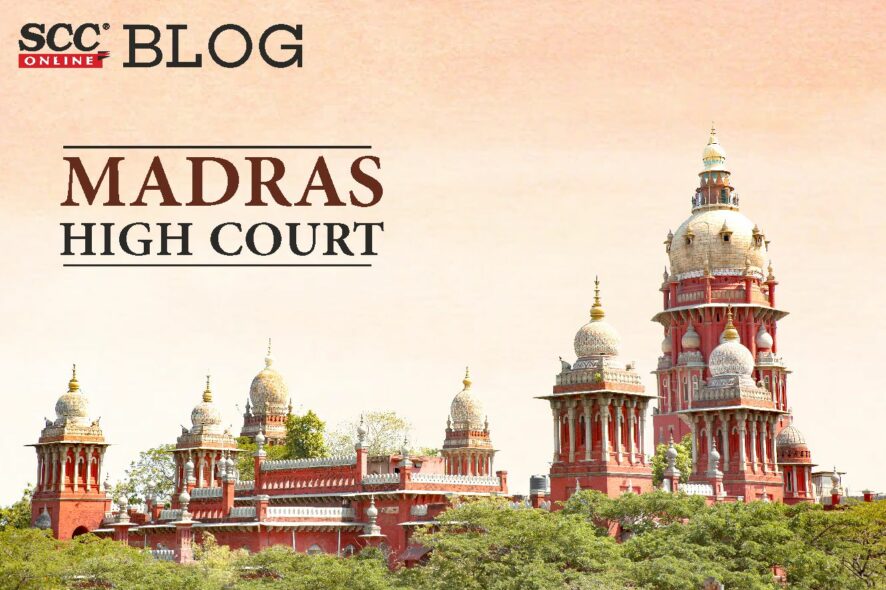Madras High Court: In an appeal filed against the ruling of the Motor Accident Claims Tribunal, granting compensation to the three deceased persons travelling on a single motorcycle and one of the claimant being the rider of the only vehicle involved in the accident; R. Tharani, J. has held that under S.166 of the Motor Vehicles Act, 1988 which provides for the application of compensation for certain nature of accidents, it is the duty of the claimants to prove negligence on the part of the rider. It further held that the tort feasor himself cannot claim compensation, and as the rider has borrowed the vehicle from the owner; thus, he stepped into the shoes of the owner and he must be considered as the owner of the vehicle, and due to that he cannot claim any compensation from the Insurance Company. It was further observed that claimants can file a petition either under S.163 (A) or S.166 of the Motor Vehicles Act, 1988 and it’s not proper to file it under both the provisions.
In this case, the rider of the two-wheeler allowed two persons to occupy the vehicle as pillion riders and he hit the vehicle on the sand heap on the road and dashed against a palmara tree. The rider of the two-wheeler, died on the spot and the other two persons died on the way to the hospital. The Appellants are their dependents and they have claimed compensation. The Motor Vehicle Tribunal has awarded separate compensation to all the claimants. The Insurance company has filed the present appeal against those awards.
The Court took note of the Supreme Court’s ruling in Ningamma v. United India Insurance Co. Ltd. ,(2009) 13 SCC 710, wherein the Court also dealt with the similar issue, whether the legal representatives of a person who was driving a vehicle after borrowing it from the owner meets with accident without involving any other vehicle, would be entitled to claim compensation under Section 163-A of M.V. Act? The Supreme Court held that “No borrower steps into the shoes of the owner and the owner cannot himself be a recipient of compensation as liability to pay the same is on him.”
The Court in the present appeal, set aside the award granted by the Tribunal to the rider of the two-wheeler, and observed that “the rider of the motorcycle was the tort feaser and he borrowed the vehicle from his brother – the first respondent therein and hence, the claim on his death is not maintainable. The claimants are not entitled to claim any compensation”.
The Court, by relying on its own judgments and other Supreme Court judgments observed that there were three persons travelling on a motorcycle at the time of accident, which is against the Rules. Hence, there was contributory negligence on part of the two pillion riders. The Court deducted 50% towards the contributory negligence of the two-pillion riders.
[National Insurance Company Limited v. Sumathi , 2022 SCC OnLine Mad 4221 decided on 12-08-2022]
Advocates who appeared in this case :
D.Sivaraman, Advocate, Counsel for the Petitioners;
N.Sudhagar Nagaraj, Advocate, Counsel for the Respondent.






